Q&A: Taking up the cello in later life
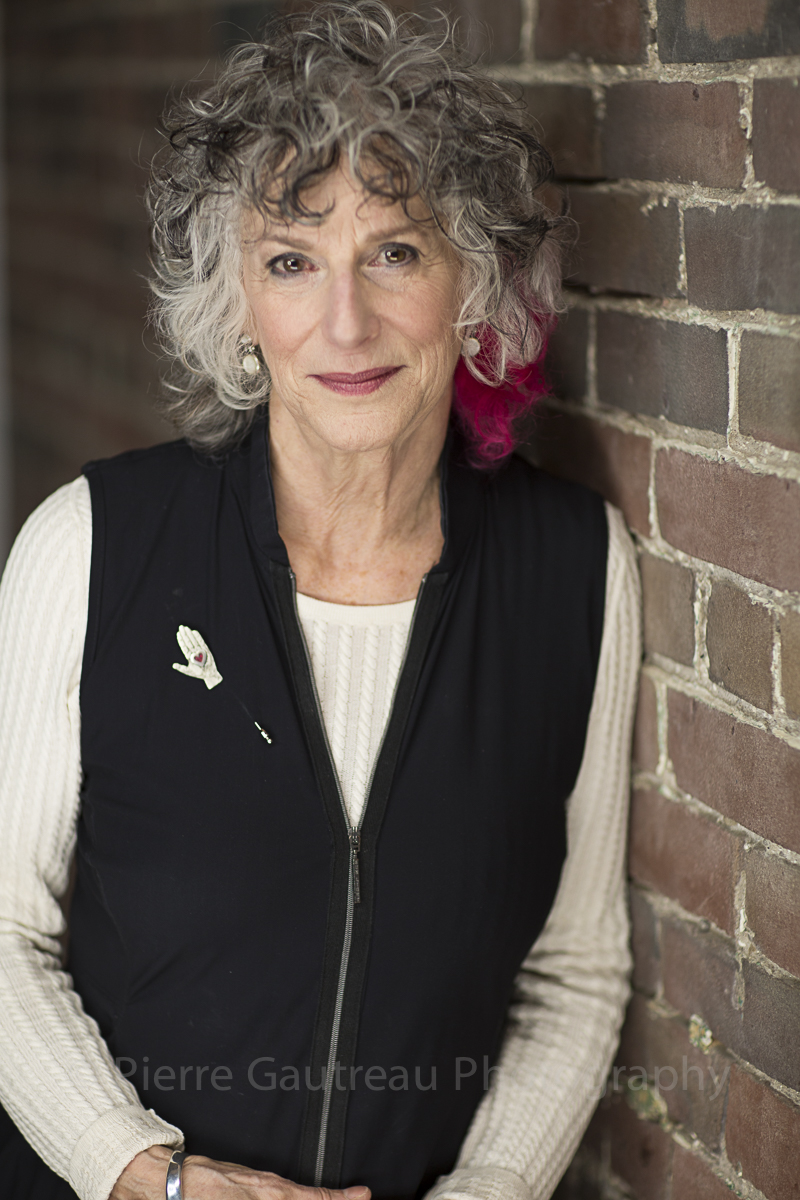
The senior years in life are often associated with retiring, slowing down or playing golf. But Mavis Himes had a different idea: She took up the cello. It was a long-held dream, one that she needed to act on. Six years later, she is still going strong, despite setbacks like a bicycle accident and an arduous recovery.
She documented her musical journey in her book “Cello Notes: Music and the Urgency of Time,” which was published in August and is available on Amazon and at other booksellers. More information is available at her website, mavishimes.com.
The book is an engaging, personal account that offers insights for those who have always wanted to learn an instrument. We recently talked with Dr. Himes, a psychoanalyst who lives in Toronto, about her experiences. – Bob Goetz
What led you to take up the cello?
I was in my late 60s and was contemplating retirement—I’ve been a psychoanalyst for 45 years. I thought I may have a window to do something like take up an instrument. I had played piano as a child, but I didn’t want to go back to that. I always wanted to play a string instrument.
The question, then, was which one. A friend who is a cellist told me that the violin can be rather awkward to hold and to play, and that the cello is much more natural, especially at my age. So I thought, okay, it’s the cello. Plus I love the repertoire.
How did you get going?
First, I needed to find a teacher, but I didn’t know anybody. I asked a friend for a recommendation, and she told me about a young woman— Dr. Dobrochna Zubek. She is a performing artist and very talented, and she agreed to take me on. We connected, and she has become a mentor and a dear friend
The next step was to get an instrument, which I bought, and we were on our way.
Is it what you expected?
I had no idea what I was getting into. I would explain to my friends that in playing the cello there’s the right arm—the bowing arm—and the left, which plays the notes on the fingerboard. Both were a challenge to get used to. I also needed to learn the bass clef. Even though I had played piano and learned both the bass and treble clefs, I remembered the treble clef much more.
It was information overload. Even though the lessons were presented to me in very small bites, it was a lot to take in. The brain in later life just isn’t as sharp. For example, I’m very good on languages—French, Hebrew, Spanish, some Italian. But learning an instrument and the language of music was different.
How did it go, the early stages?
I found there were two levels to learning the cello. The first was the physical. I had to get my body used to playing the cello, getting my fingers and my hands and my arms comfortable with the instrument. My teacher told me it would take time for my muscles to develop. It reminded me of pilates. You can’t just ask someone to touch their toes right away. It takes a while.
I even thought of it in terms of my analytic practice. The analyst may or may not see things, but there’s a timing and a moment when things happen, fluidly and organically. You can’t force it. So even though I wanted my hands to go faster, I knew intellectually that they couldn’t go any faster. They will take the time they need.
That’s why I initially called the book “The Urgency of Time.” I felt time was urgent for this learning journey and I could always use more time.
What kept you going?
I love challenges. But there were times when I felt like I was going up a hill and then I would plateau for what seemed like ages. But I knew that as long as I was seeing gains, even if it was over weeks or months, I would eventually get there. That’s the principle I followed.
What was practicing like?
People find scales boring. But I love playing scales. I like being able to play them in a way that sounds really beautiful, whatever I am trying to work on—intonation, or fluidity, whatever it is. My younger self didn’t see it the same way. As a child, I practiced because I was told to. Now, no one is telling me. I hardly miss a day, and I practice an hour a day, at least. When I don’t, I miss it. No one is holding this over me. Even my husband is surprised at the strength of my commitment.
How do you find the time?
When I started, my practice (as a psychoanalyst) was full, but I was starting to cut back. Now, I work one day a week. So I have more time. Plus, I’m very efficient and organized. I started to give things up. I don’t spend much time reading the newspaper, for example.
I make the time for music. I would love to play chamber music—that’s my goal. I joined this amateur orchestra, and my playing has jumped in leaps and bounds in terms of sight reading and being able to count. My private lessons are still my priority, but playing with others has become really important. I know that eventually I’ll play chamber music.
What advice would you give someone who is taking up an instrument?
Be patient with yourself, and appreciate what you can do, not what you can’t do. Expect that you’re going to be frustrated. Don’t get turned off by that. It’s an up-and-down process, like everything else in life. If you’re going to take it on, know that the journey is more important than the outcome.
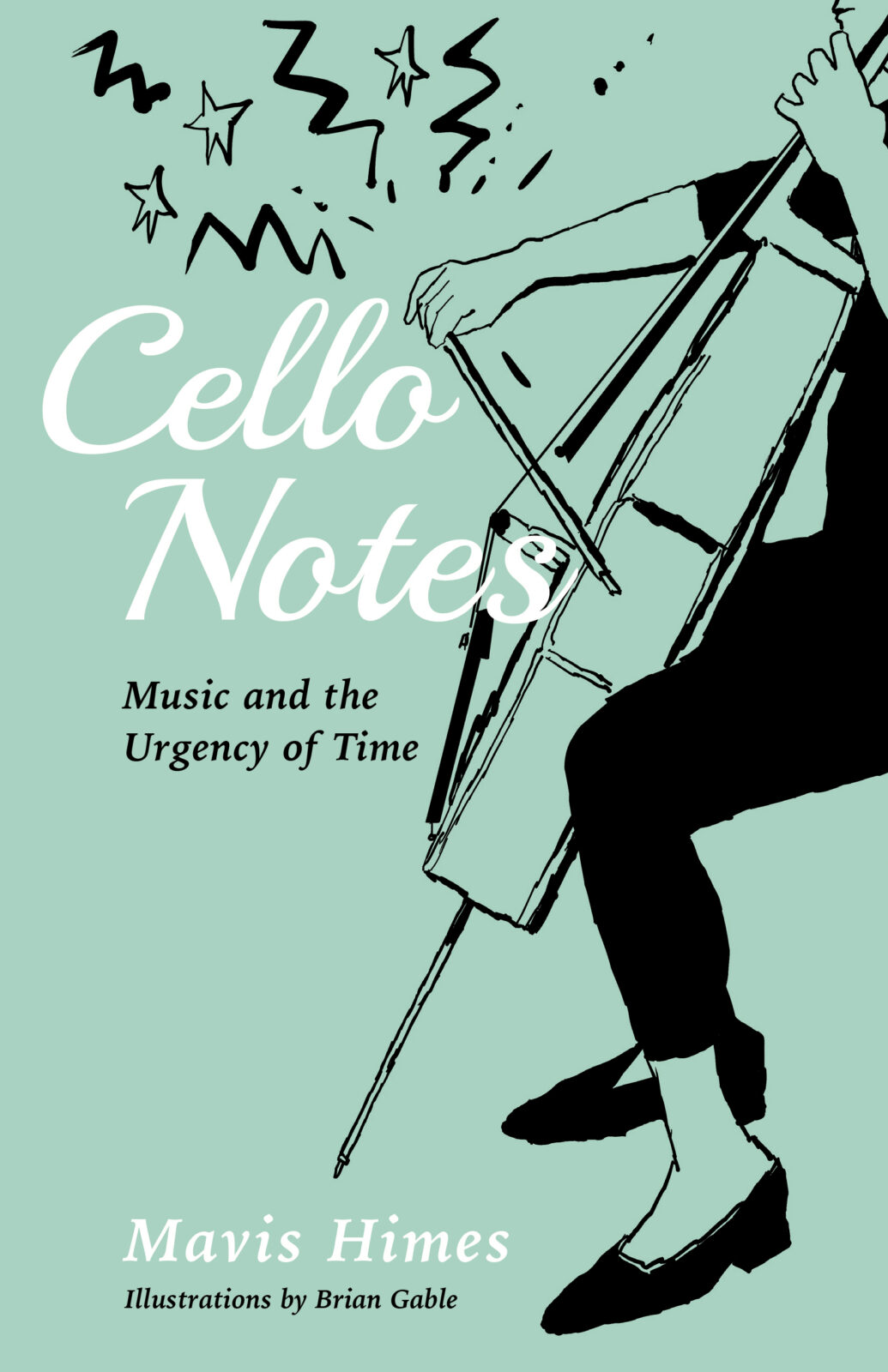
More Articles
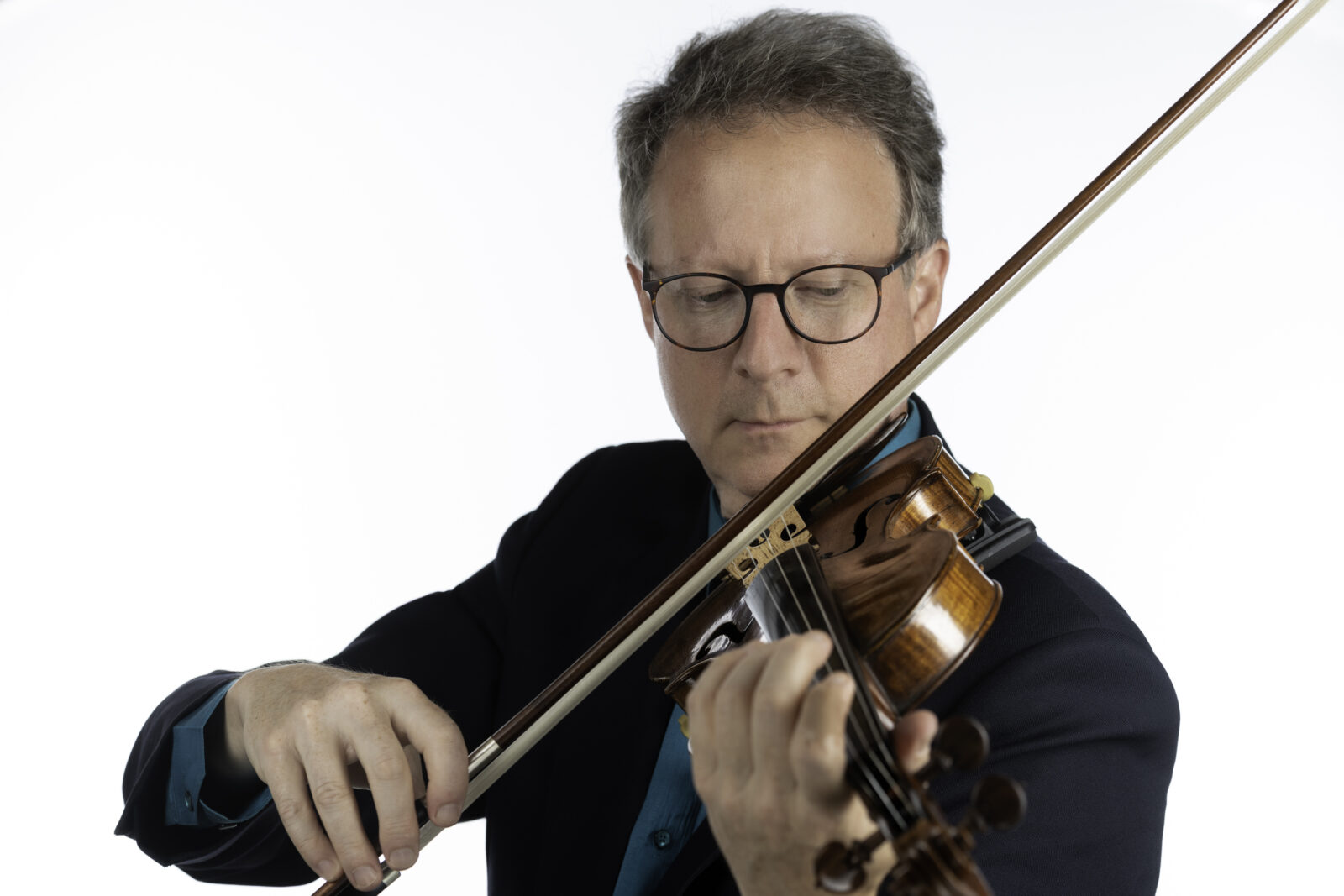
Everything you always wanted to know about bows but were afraid to ask
Join Gabriel Schaff - violinist, scholar and author of "The Essential Guide to Bows of the Violin Family" for an illuminating journey through the history of the bow to everyday tips (no pun intended) about caring for your bow, choosing a new one - and....everything you always wanted to know but were afraid to ask!Read More ↗
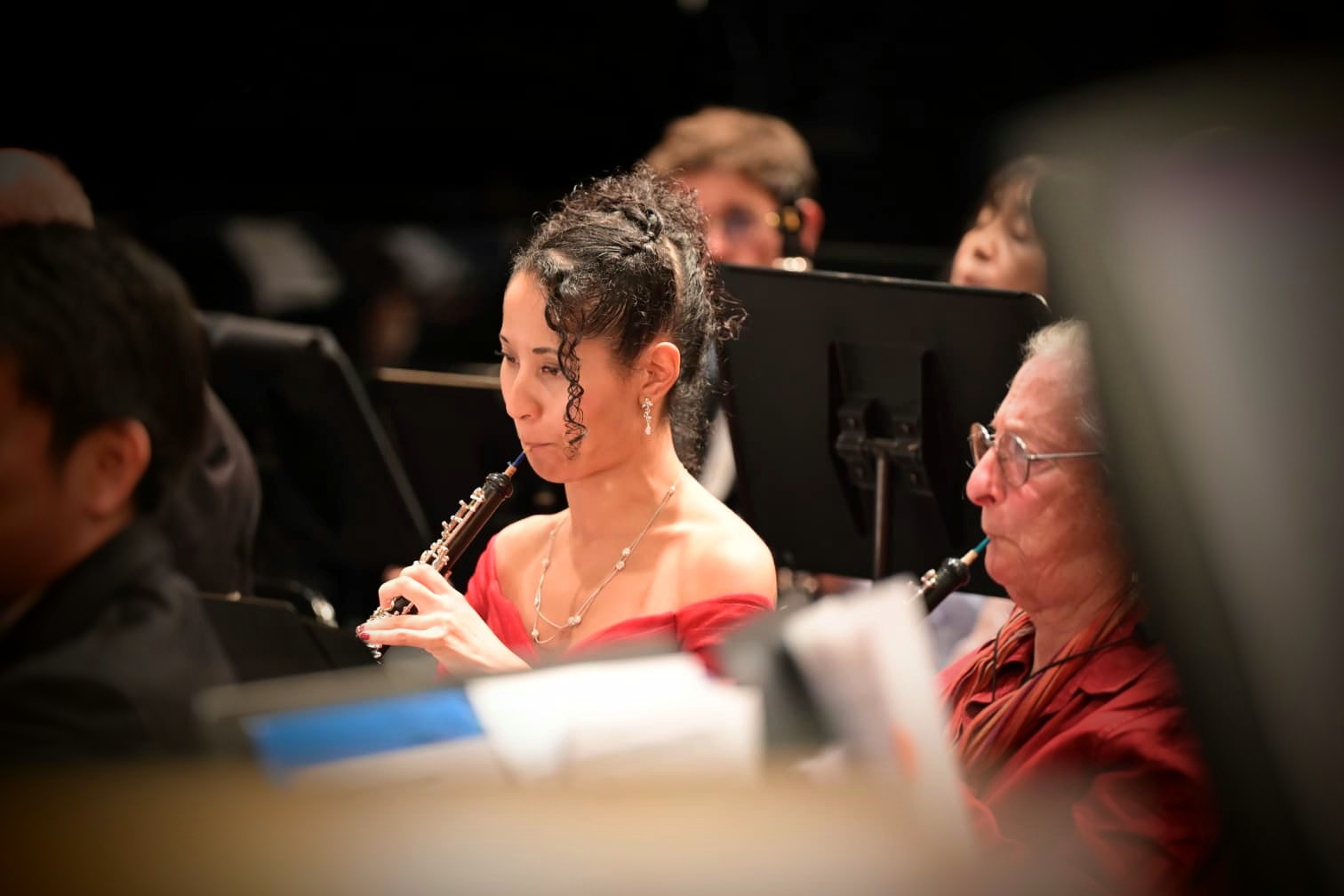
Kayana Jean-Philippe: The serious business of an amateur oboist
When it comes to the oboe, Kayana Jean-Philippe is what you might call a serious amateur – someone who pursues her passion at a high level, but does not make a living at it. One of her most consistent musical outlets has been the United Nations Symphony Orchestra, which she joined 10 years ago and is principal oboist. Another musical outlet is ACMP, which she said has connected her with new people and new musical opportunities.Read More ↗
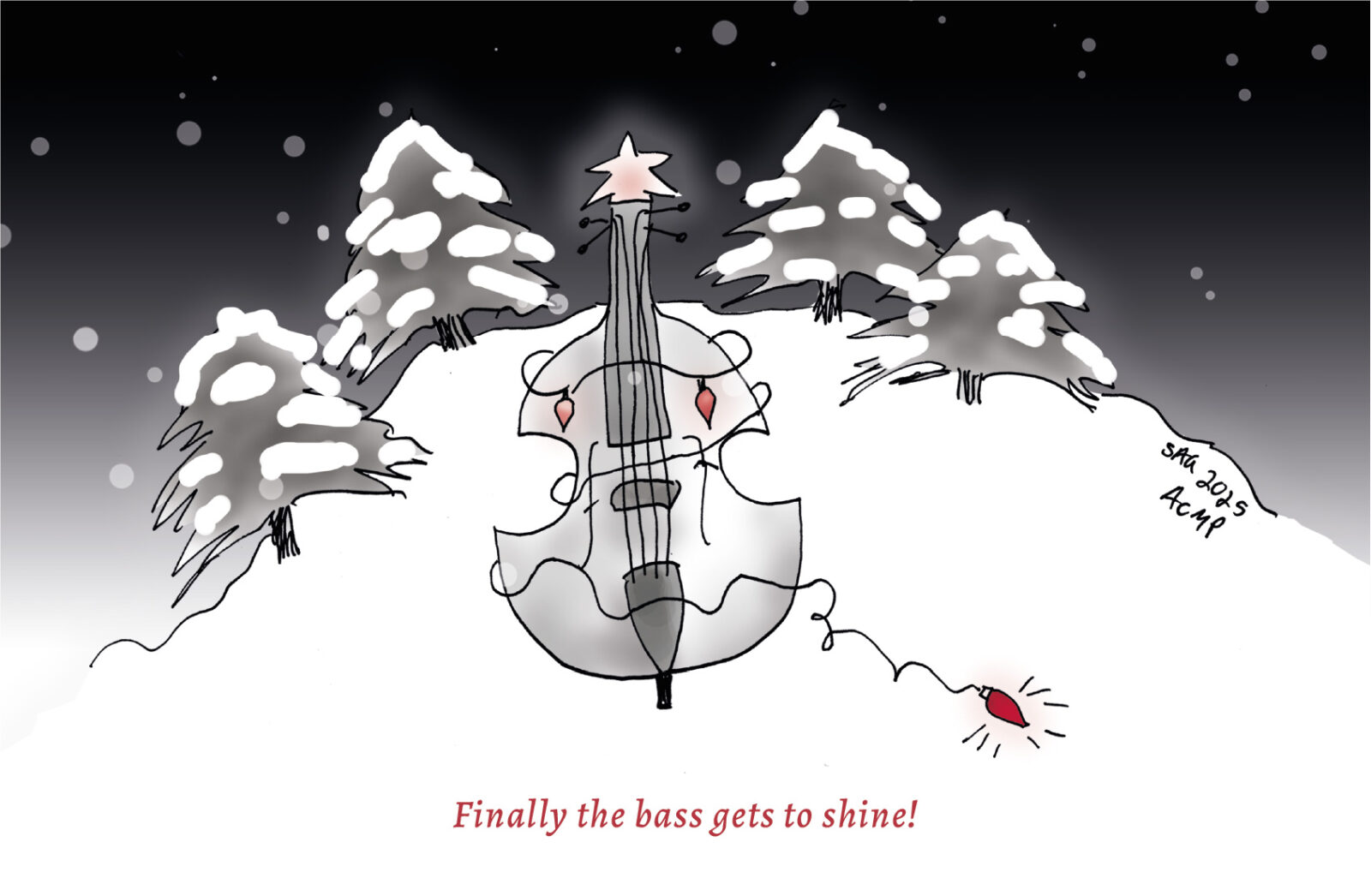
Announcing the 2025 Holiday Caption Contest Winners!
ACMP's 4th annual Holiday Caption Contest was a success, with 69 captions from 41 ACMP members. This year's winners are Valerie Matthews, Peggy Reynolds, and Matthew Greenbaum. Congratulations to everyone who came up with so many wonderful captions for this year's cartoon!Read More ↗
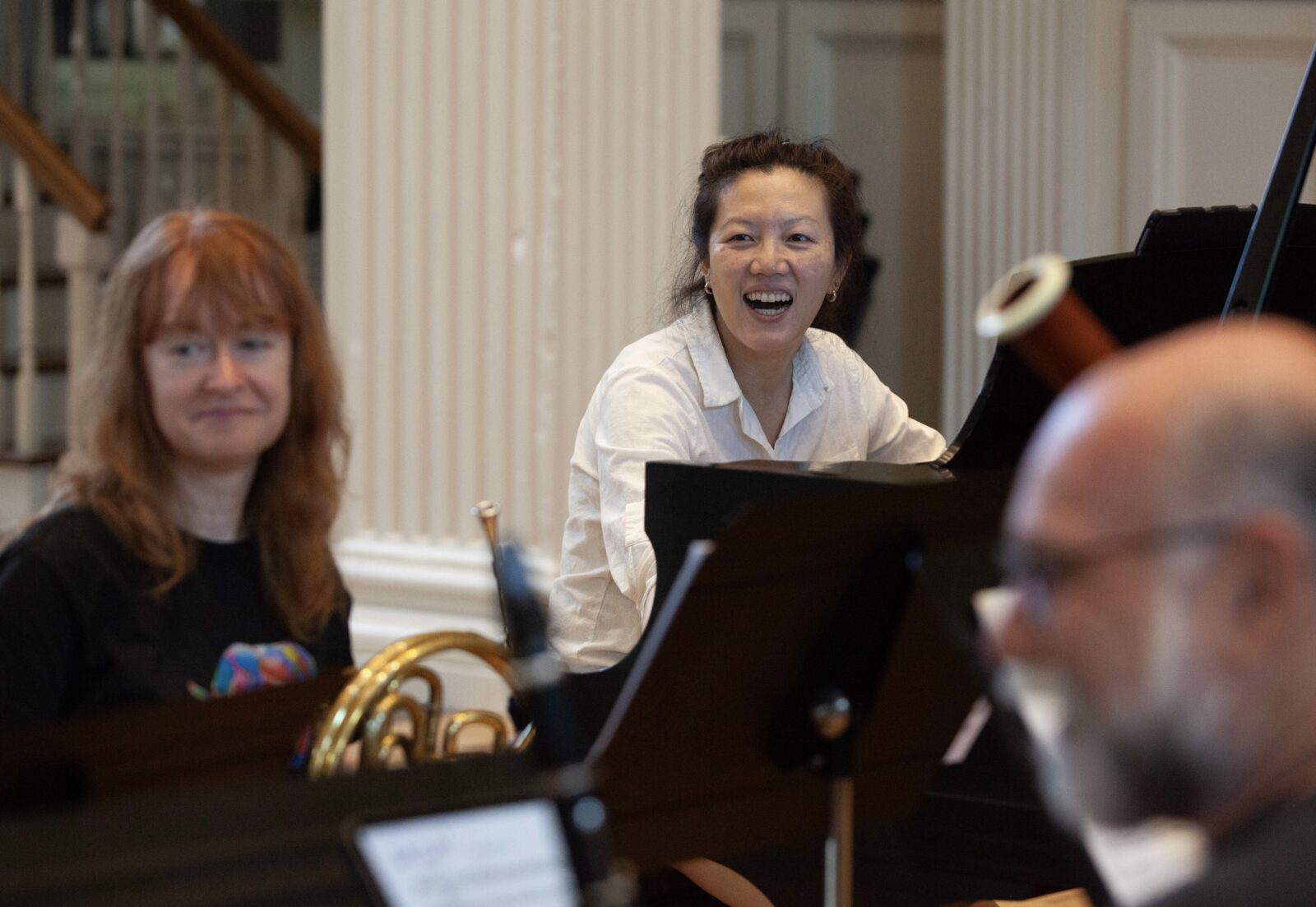
Announcing ACMP’s 2026 Workshop/Community Music Grantees
ACMP is proud to announce its 2026 Chamber Music Workshop and Community Music grantees. This year we awarded $168,000 in grants to 73 chamber music workshops and semester- or year-long programs in 10 countries, and 31 US states. (Photo by Claire Stefani.)Read More ↗

Mystery Donor Reveal: An interview with Louise K. Smith
An anonymous member of ACMP recently spearheaded a fundraising initiative for ACMP in the two week lead-up to Giving Tuesday, offering a $25 gift for each donation received from November 18, 2025 through Giving Tuesday (December 2.) This mystery donor just revealed her identity: Thank you, Louise K. Smith! I asked Louise some questions about her background as a pianist, involvement with ACMP over the years, and about her recent matching grant idea.Read More ↗
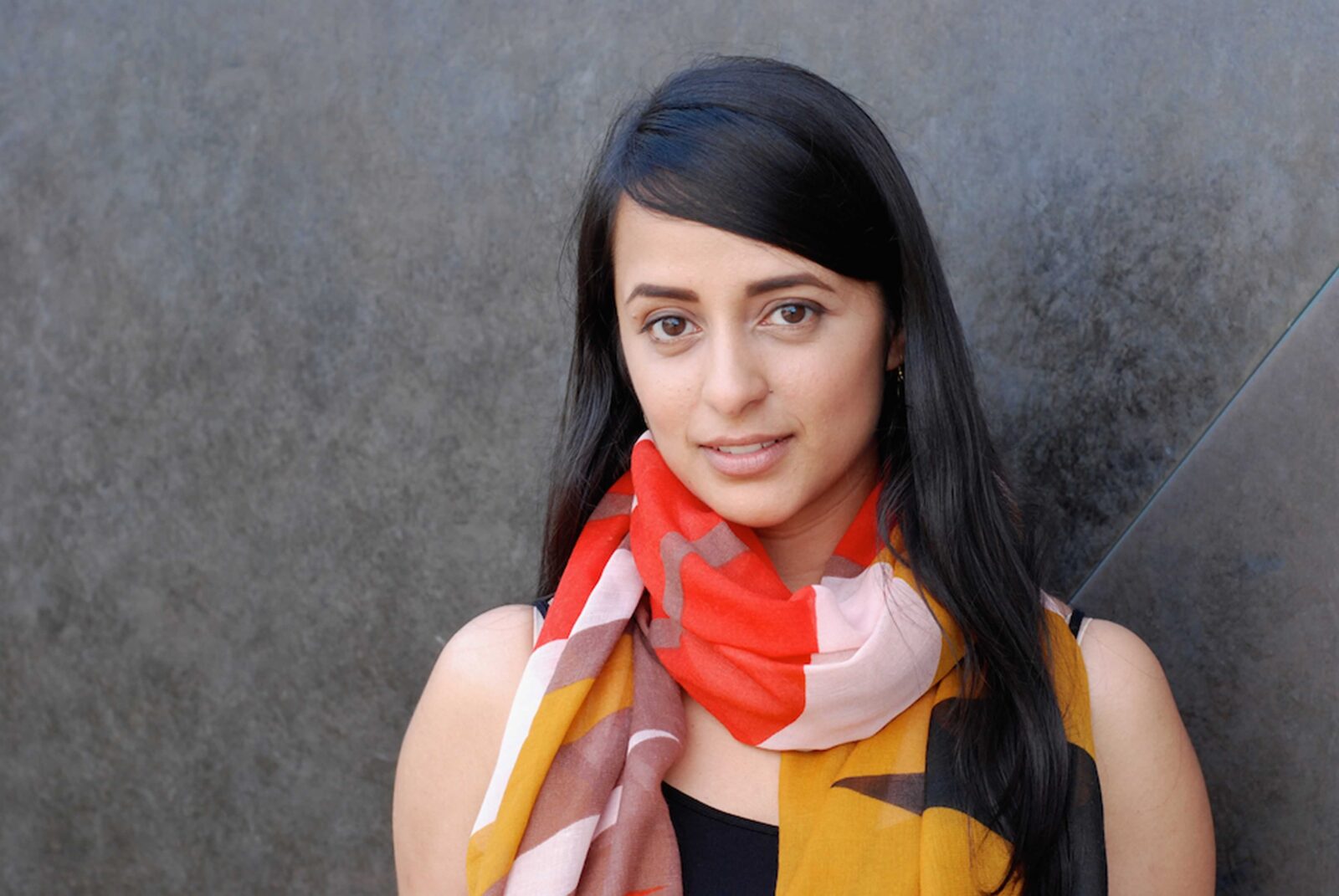
A Bridge from West to East – The Chamber Music of Reena Esmail
After a recent visit to her father's hometown in India, ACMP member pianist Sonya Subbayya Sutton returned to the United States with a renewed curiosity about her Indian culture and music. This led her to explore the music of Indian American composer Reena Esmail. Read about Reena's own voyage of discovery in Indian music and check out links to her scores and recordings.Read More ↗
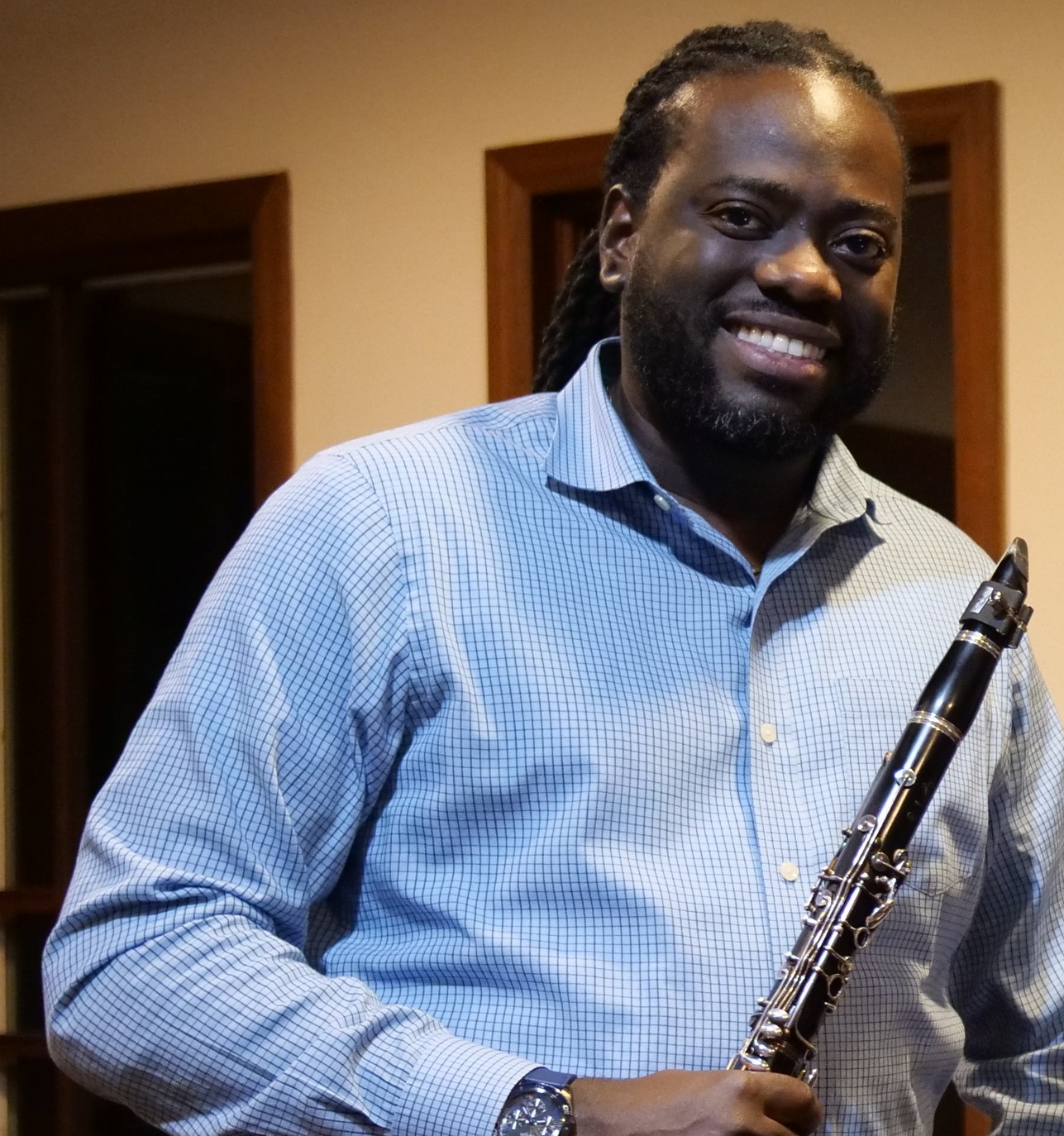
ACMP Member of the Month: Kwame Lewis
Kwame Lewis is not your typical accountant. Born and raised in Trinidad, he emigrated to the United States in 2003 at the age of 23 and set about building his career. Along the way, he lived in the Washington area for an extended period, got married, had two boys who are now 5 and 3 years old, and since 2019 has lived with his family in Melrose, Mass., near Boston. One constant through his journey, though, has been his love of the clarinet and chamber music.Read More ↗
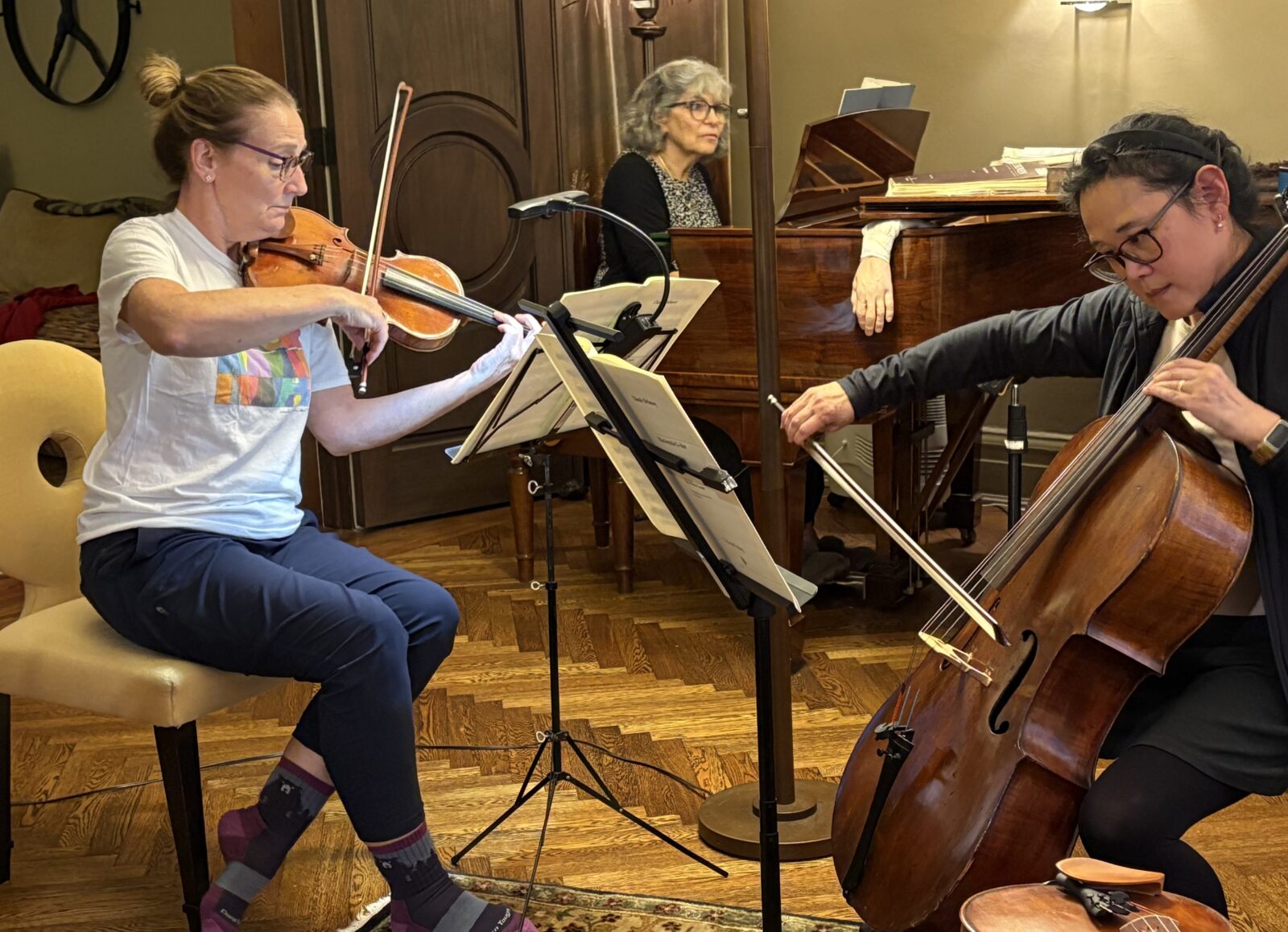
Chamber music for a cause: amateur musicians support Music for Food
ACMP member pianist and violist Arlene Hajinlian is as active a chamber music organizer as she is in sharing her time and space for social causes. This Thanksgiving holiday weekend she came up with a way for adult amateur chamber musicians to have a lot of fun while raising money to support New Yorkers in need: three consecutive chamber music parties as a benefit for Broadway Community through Music for Food.Read More ↗
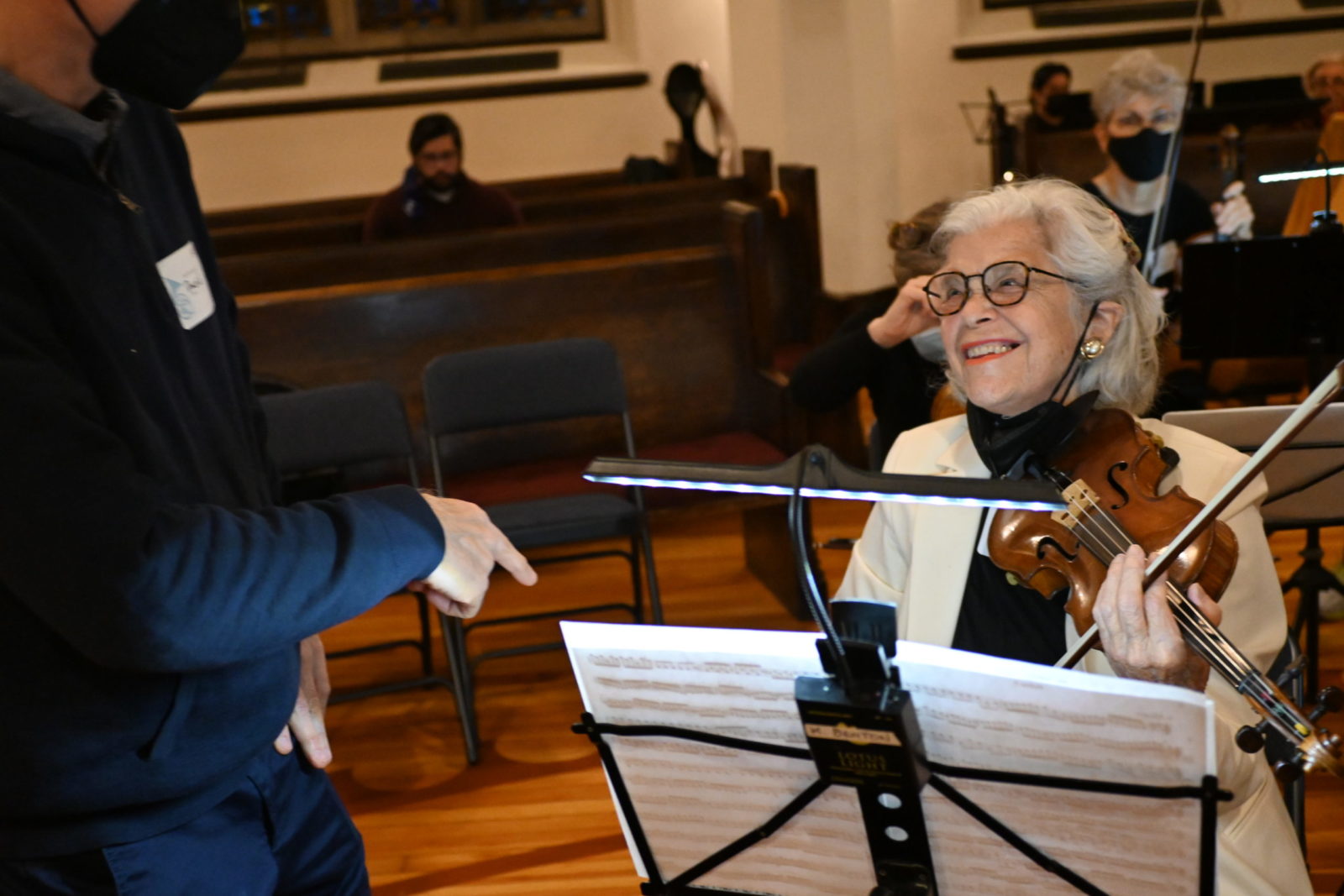
Remembering Kate “Kitty” Bigelow Benton (March 29, 1935 – November 2, 2025)
ACMP mourns the loss of Kitty Benton (1935-2025), a former board member, board secretary and longtime editor of the ACMP newsletter. Read about Kitty's life and watch a video of Kitty telling her favorite stories about ACMP in June 2021.Read More ↗
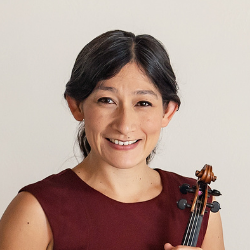
New Video – Meet The Artist: Harumi Rhodes
ACMP Executive Director Stephanie Griffin hosts a lively Zoom conversation with violinist Harumi Rhodes about her musical upbringing and career with the world-renowned Takács Quartet.Read More ↗
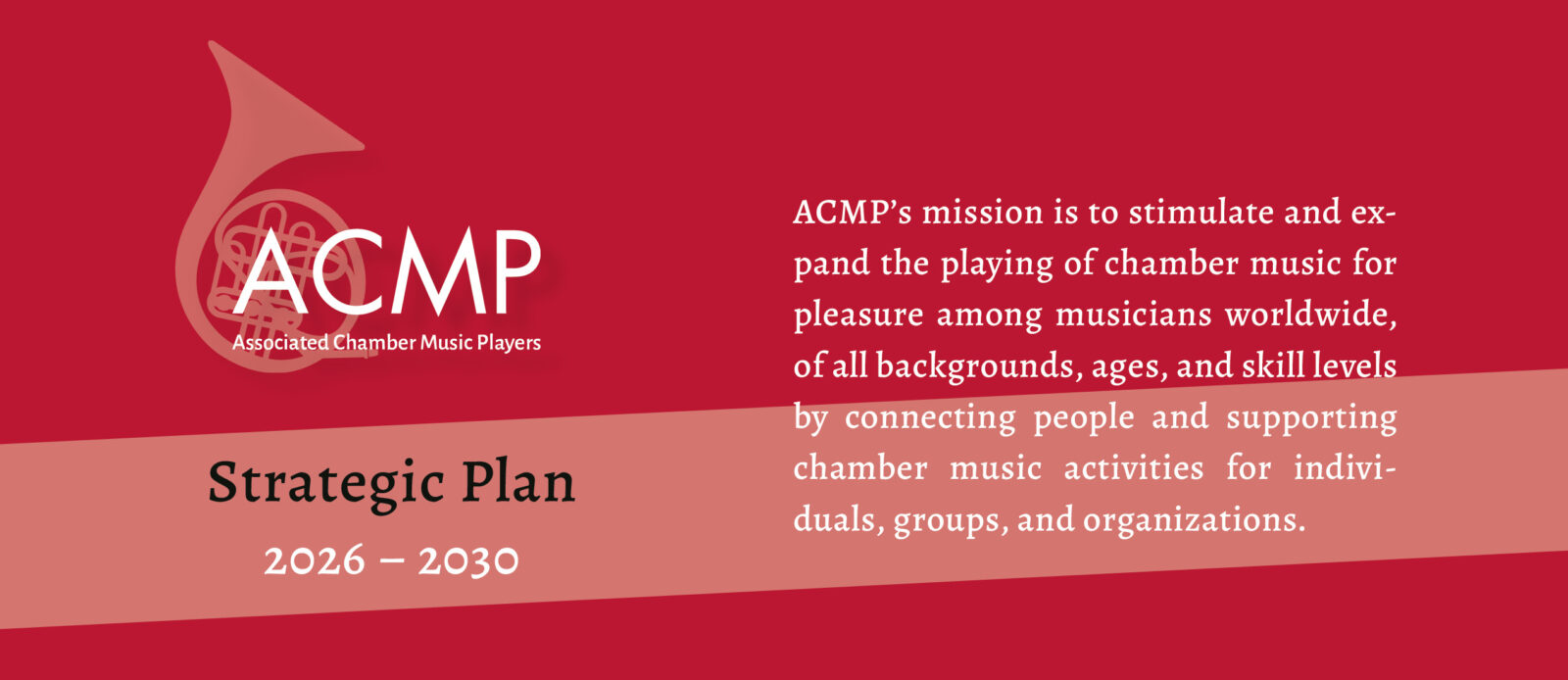
ACMP Strategic Plan for 2030
For the past several years, ACMP’s membership has grown dramatically, as has the popularity of its programs. Building on this momentum, ACMP’s Board and Executive Director completed a strategic plan to chart a course for the organization for the next five years. ACMP’s Board and Executive Director developed a new vision for the organization and a plan to strengthen member services, grants, operations, and finances to advance ACMP’s mission by 2030 and beyond.Read More ↗
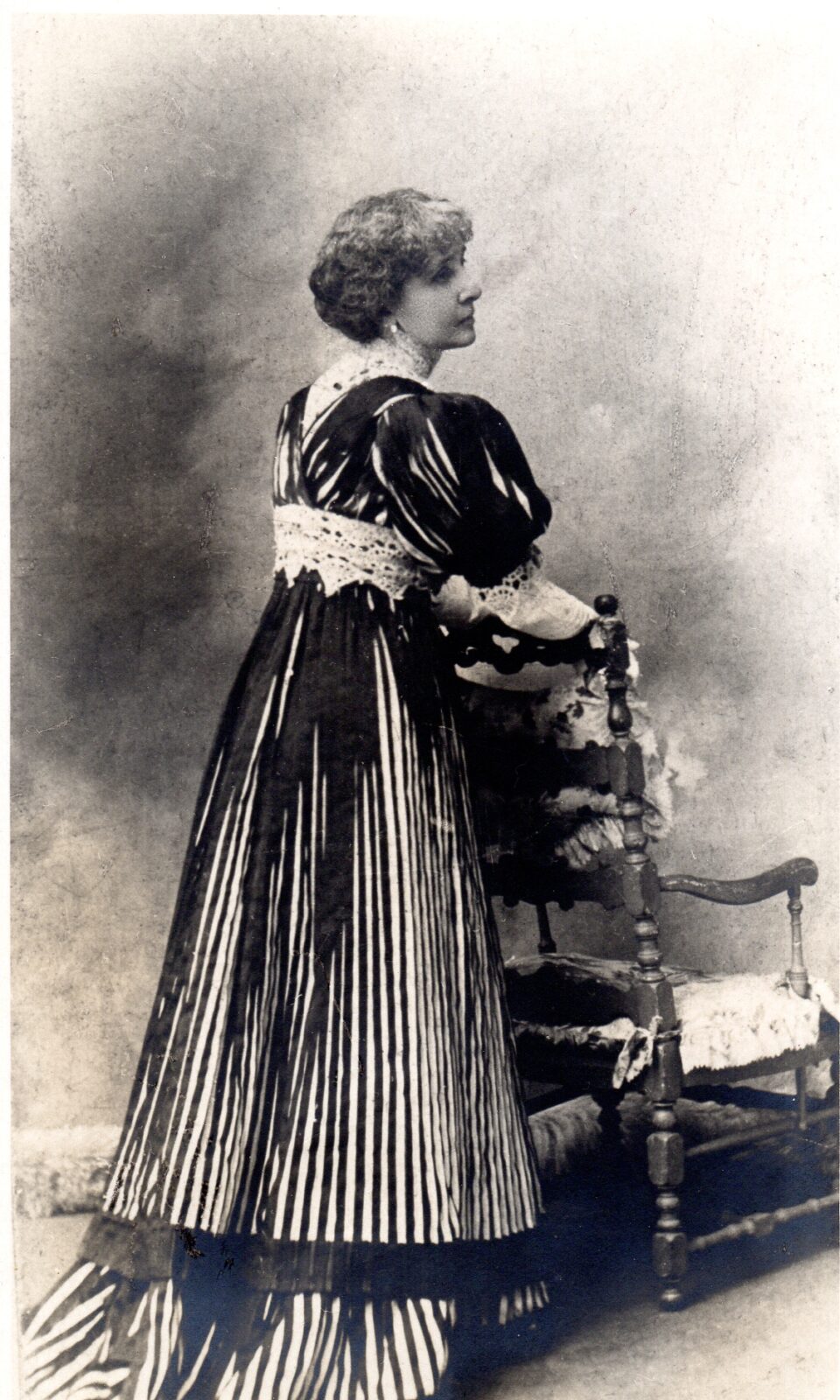
Drab, Inconspicuous, and Quiet No More
Washington, D.C.area pianist and choral conductor Sonya Subbayya Sutton is a passionate advocate of the work of women composers. Read about some of her favorite women composers and discover new chamber repertoire from her list.Read More ↗
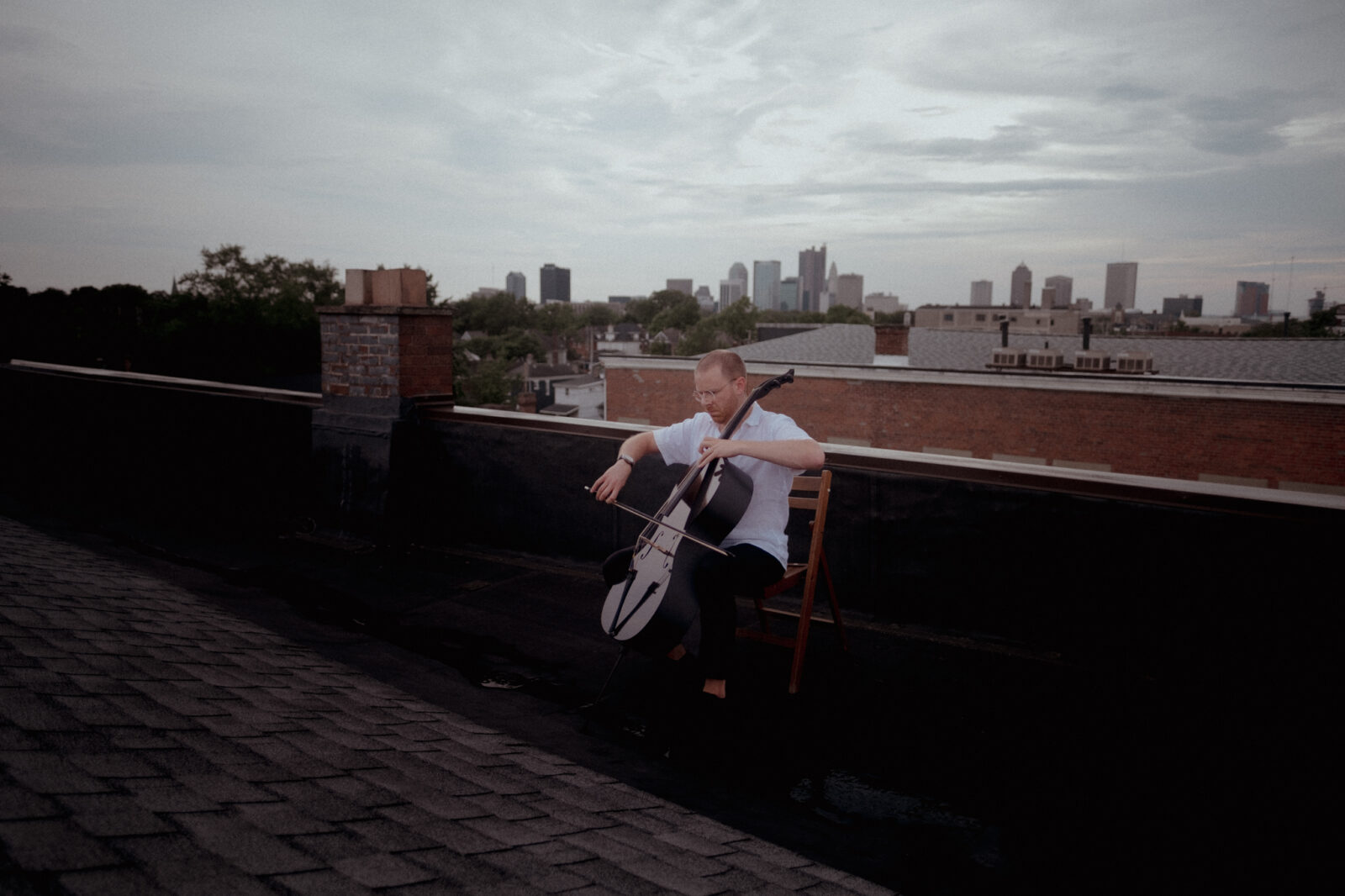
Andrew Brush: An amateur cellist with a global reach
After ACMP’s modest beginnings nearly 80 years ago, ACMP has grown to have a global membership, and perhaps nobody embodies this boundary crossing more than Andrew Brush. With his cello in tow, he splits his time between his home in Columbus, Ohio, and Buenos Aires, with visits to Europe and Istanbul, where his wife is from. Along the way, he has developed diverse musical interests, with influences ranging from Argentina to Mali. We caught up with Andrew recently after he had returned to Columbus, where he serves as a member of the ACMP North American Outreach Council.Read More ↗
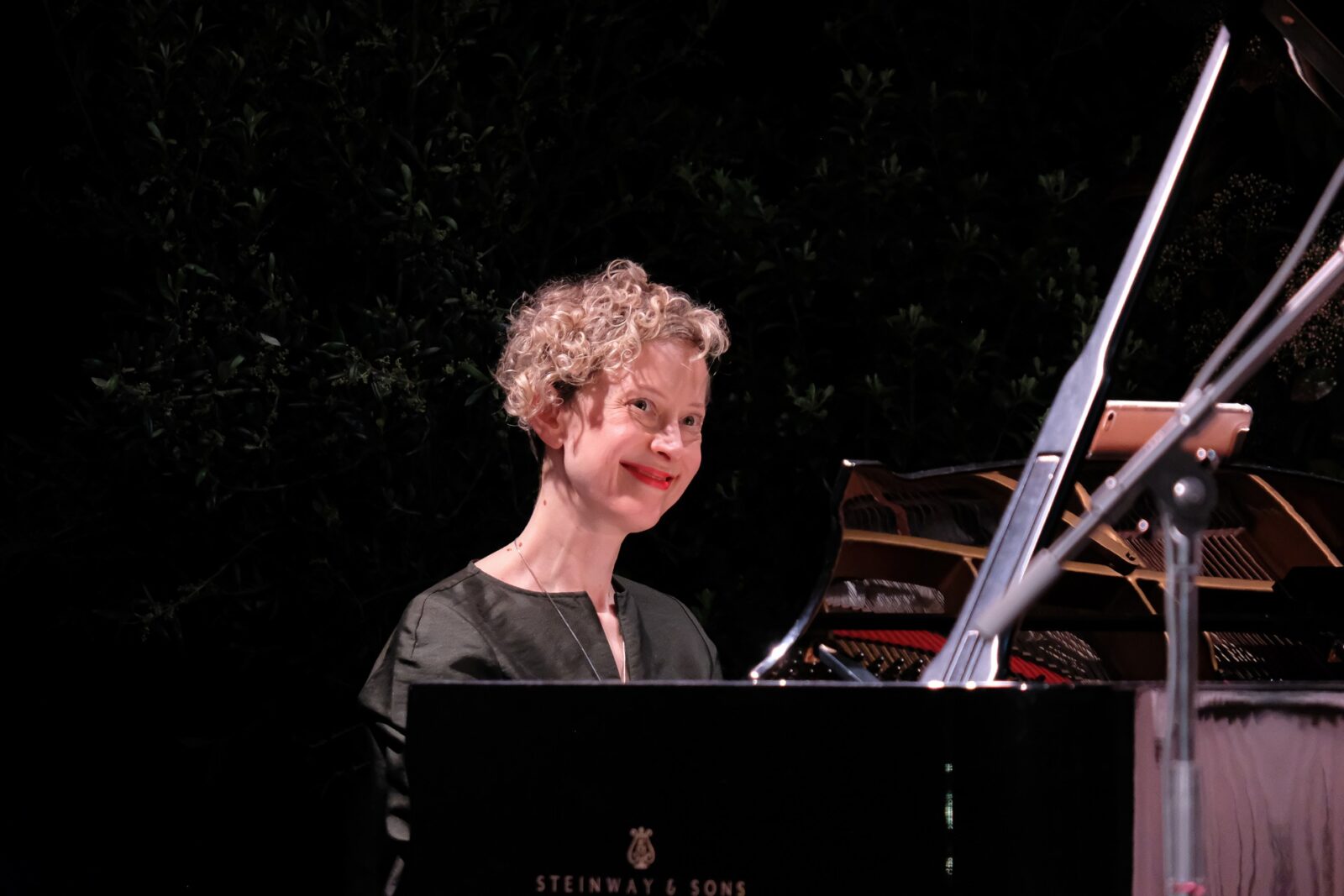
Befriending Performance Anxiety: simple tips for success
Performance anxiety is a universal experience, a survival mechanism that is hard-wired. Many of us react with shaky hands, lack of focus, shallow and fast breathing, rapid heart rate, and even feeling queasy. This is all perfectly natural - our protective sympathetic nervous system comes online to save us from danger, real or imaginary! Join Dr. Xenia Pestova Bennett for a free online webinar about managing performance anxiety on Thursday, October 30th at 6pm UK/Ireland time.Read More ↗
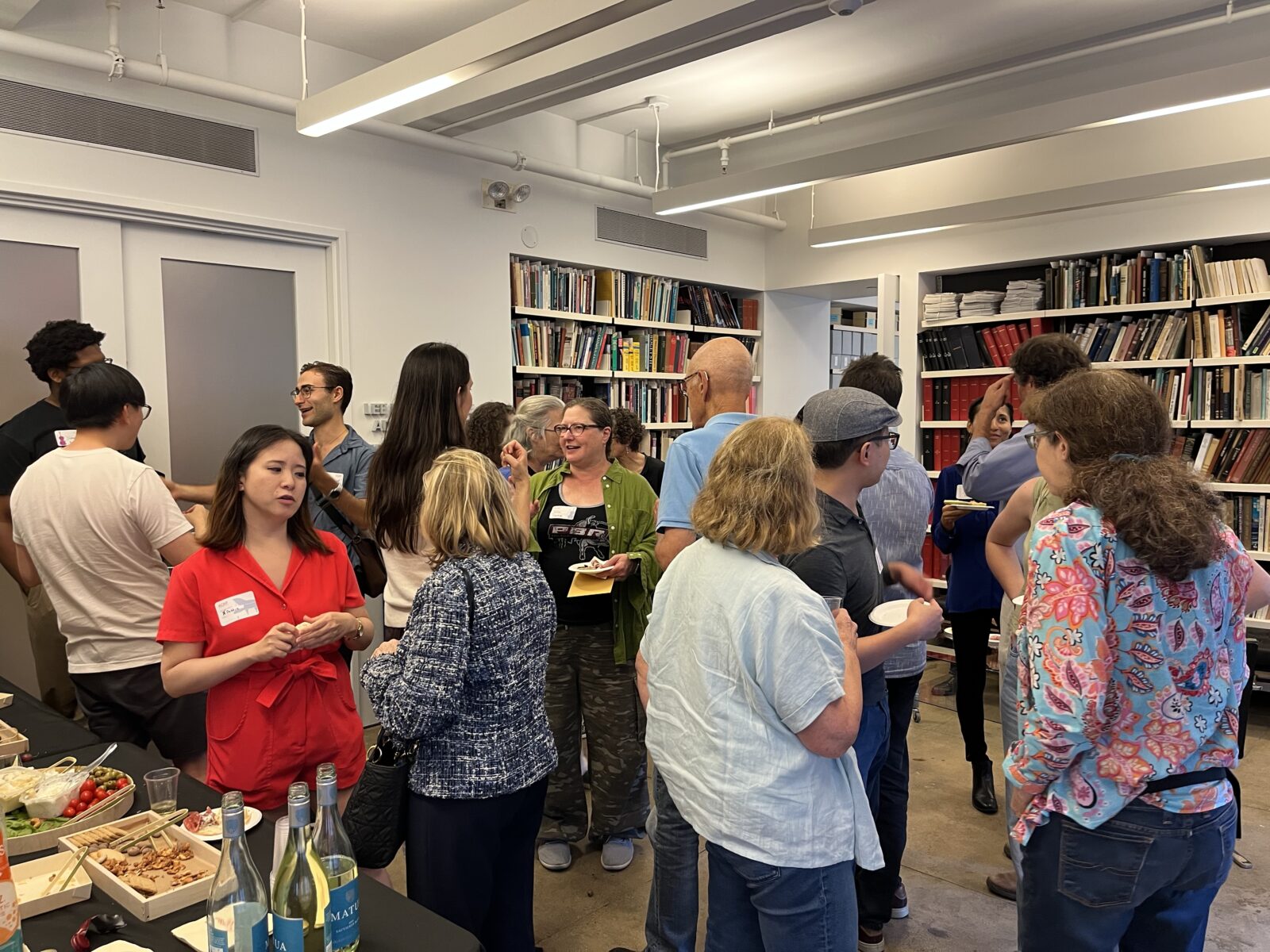
The Great American Play-In: ACMP and ACO
On Saturday, September 13 ACMP embarked on its first collaboration with the American Composers Orchestra (ACO). Together we organized a Play-In focused entirely on music by twentieth and twenty-first century American composers. Over the course of three hours, forty-five musicians discovered sixteen pieces or sets of pieces by a wide range of American composers, spanning from 1896 through 2025.Read More ↗
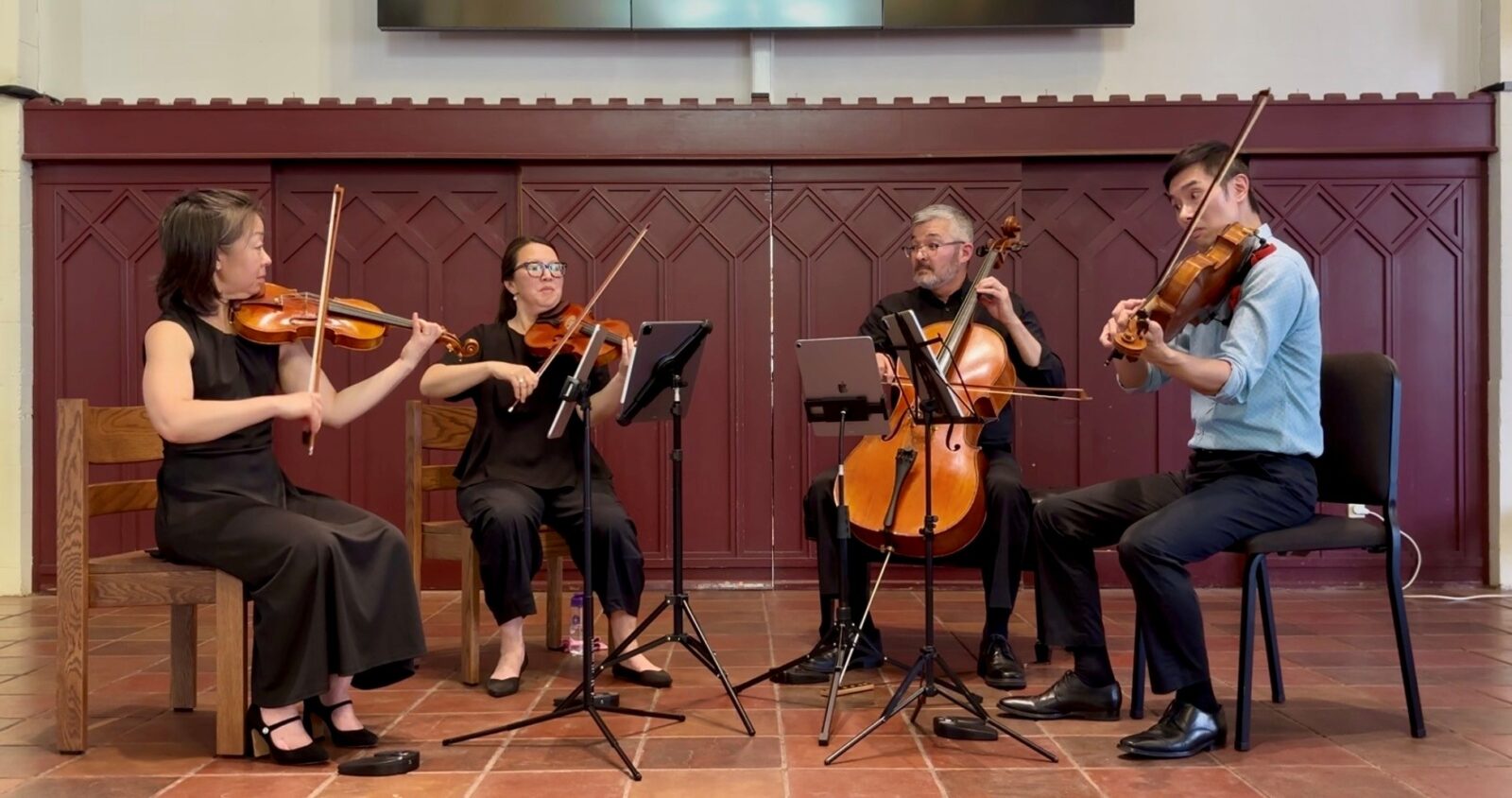
Just Play Concert: Exploring New Voices and Old Masters with the Tarka String Quartet
Thanks to a “Just Play” grant from ACMP, the Tarka String Quartet—Sue Soong and Julie Park on violin, Kevin Jim on viola, and Angus Davol on cello—recently shared a program in San Diego that reflected their passions: exploring new voices by women composers alongside the great works of the quartet tradition.Read More ↗
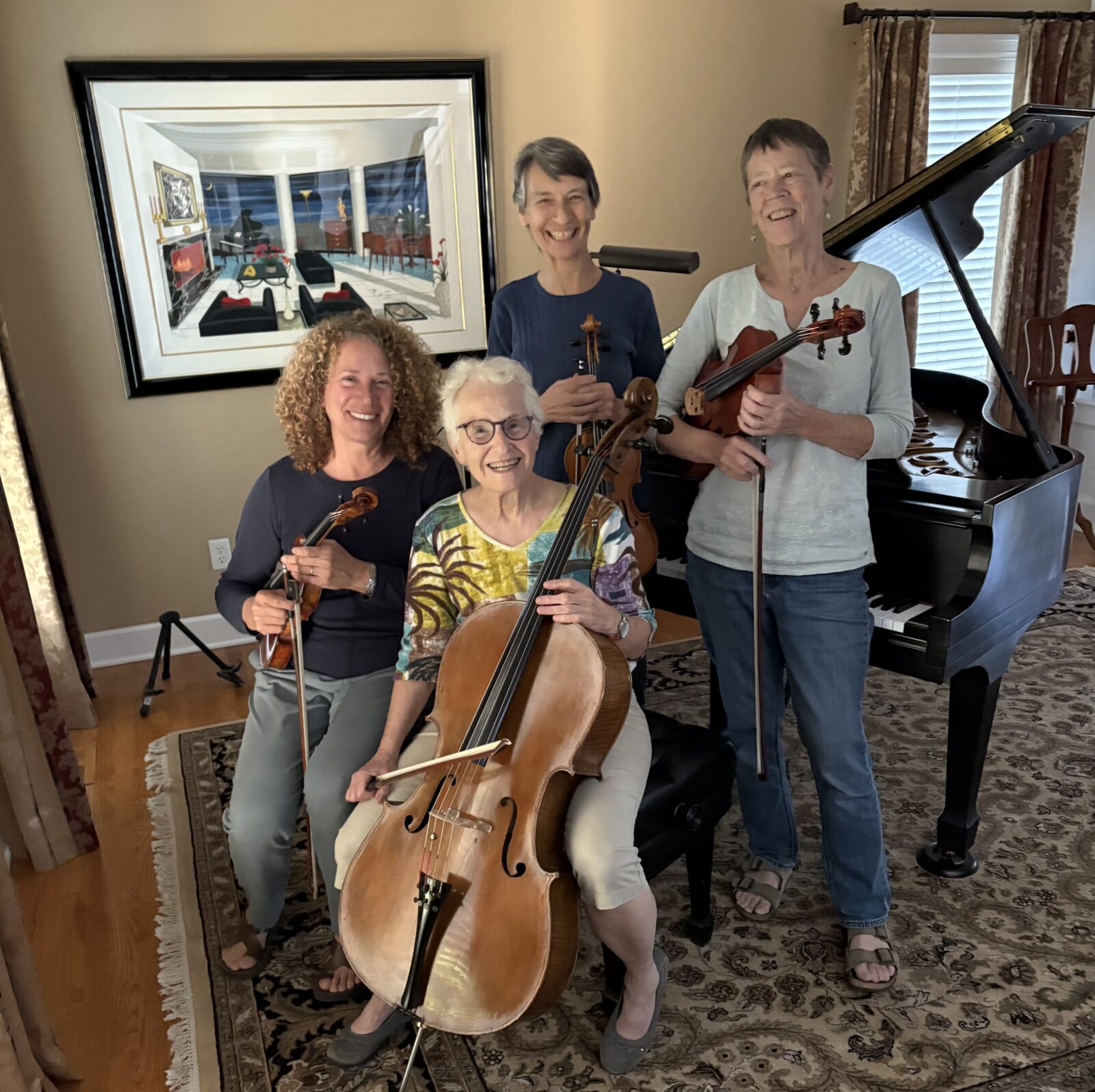
ACMP Members of the Month – October 2025
Playing in a regular string quartet is kind of like having a regular foursome in golf – everyone needs to be of roughly similar ability, and they also need to get along. When those two dynamics come together, the result can be a lasting chamber group that brings enduring friendships. Such is the case with our Members of the Month for October – Ruth Sklarsky, Barbara McIver, Ellen Henry and Kathy Lewis, residents of the Rochester, N.Y., area who have played in a string quartet for more than a decade. They got together and collectively answered a few questions about their musical journey.Read More ↗
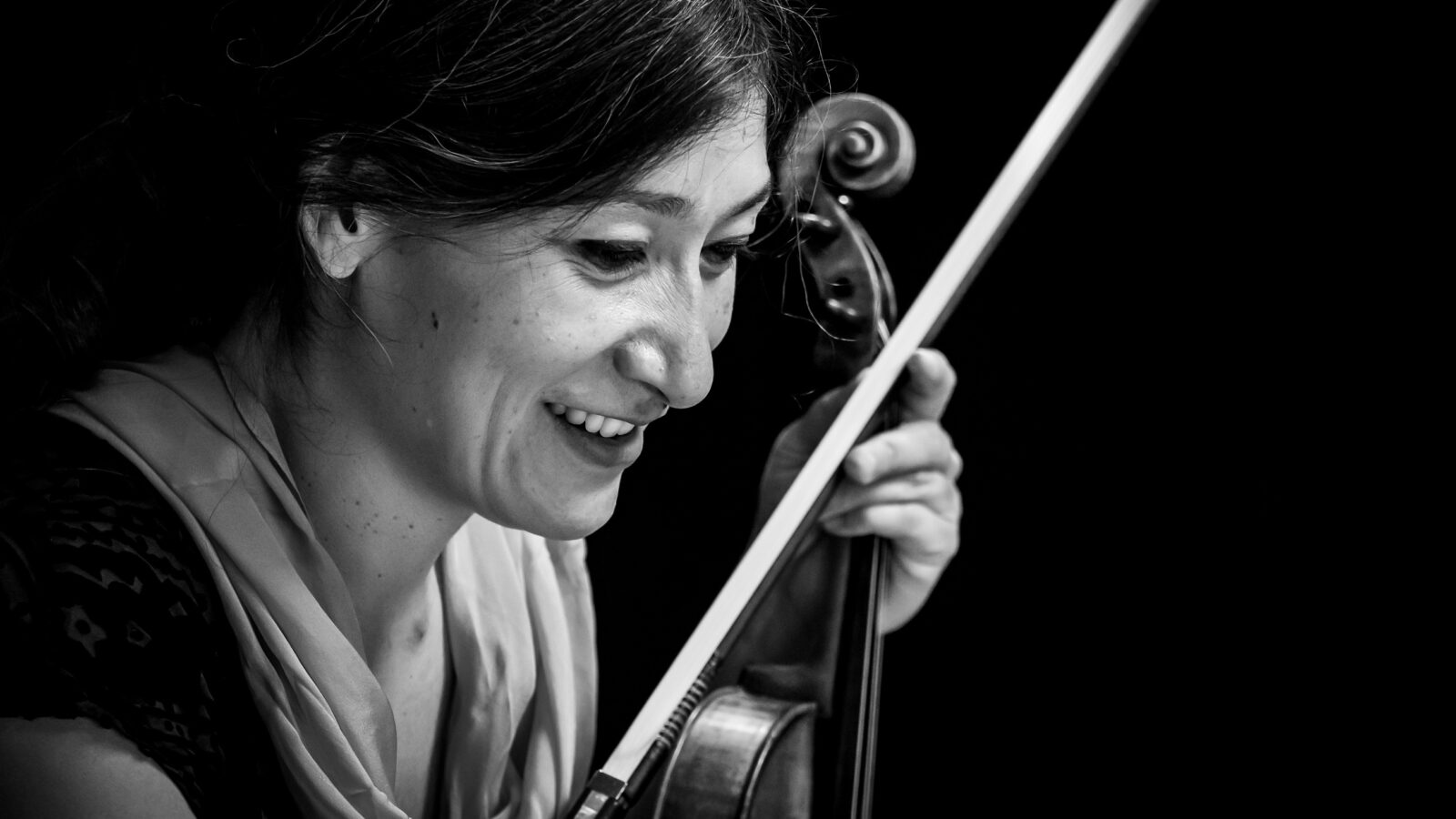
ACMP Event: Meet Harumi Rhodes
Join ACMP’s Executive Director Stephanie Griffin on Saturday, November 1 at 2pm Eastern time for a lively discussion and Q and A with violinist Harumi Rhodes. Harumi is the daughter of two famous chamber musicians: Stephanie’s former viola teacher, Samuel Rhodes (Juilliard Quartet) and violinist Hiroko Yajima (Mannes Trio.) Find out more about Harumi’s early life in that celebrated chamber music milieu, and about her journey as she established her own career as the second violinist of the world-renowned Takács Quartet.Read More ↗
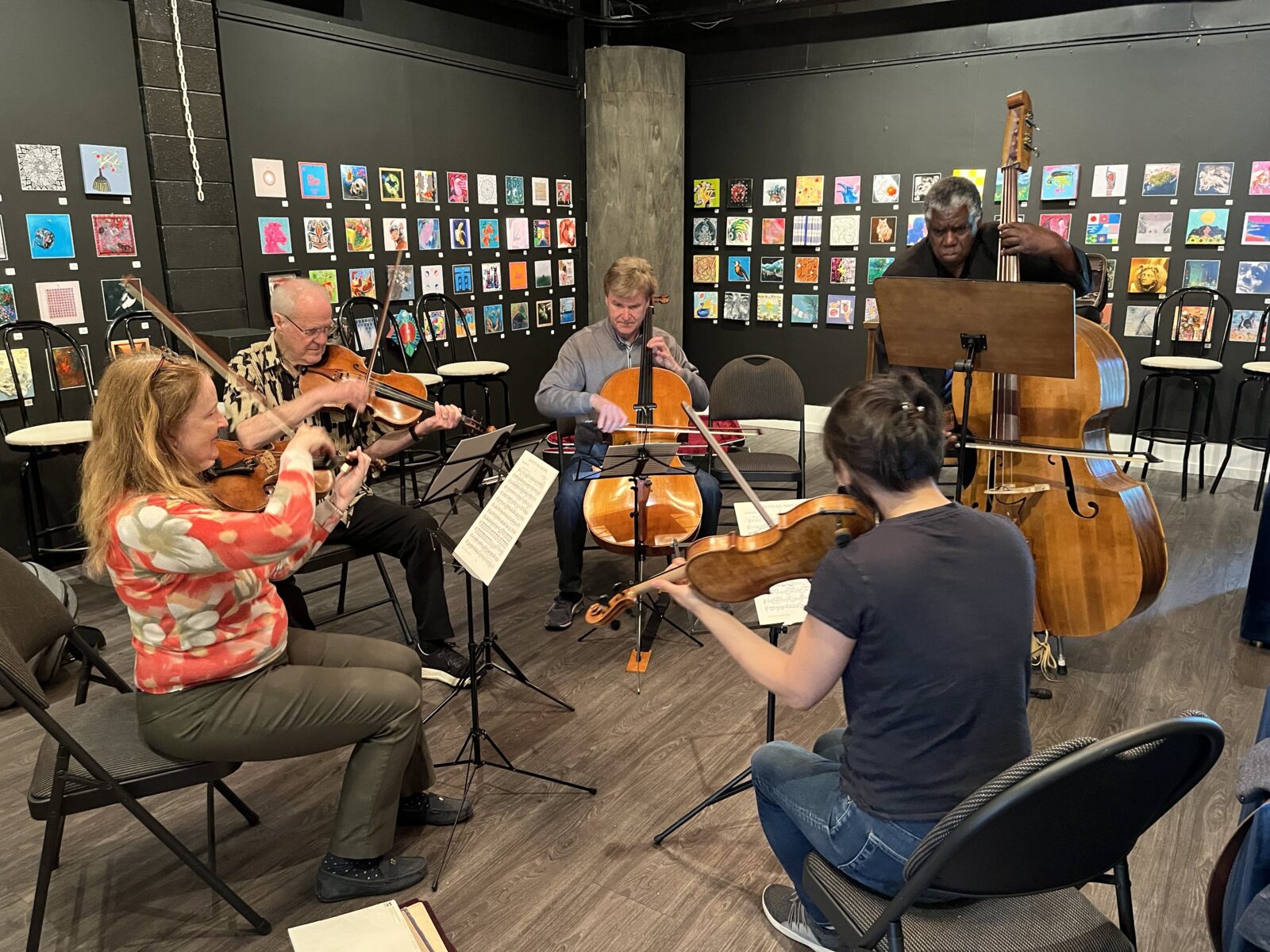
New guidelines for ACMP’s Workshop and Community Music Grant, deadline: October 24, 2025
ACMP's annual Chamber Music Workshop and Community Music grant cycle is open! Deadline: Friday, October 17. Read about the new guidelines and sign up for the Grant Information Session.Read More ↗
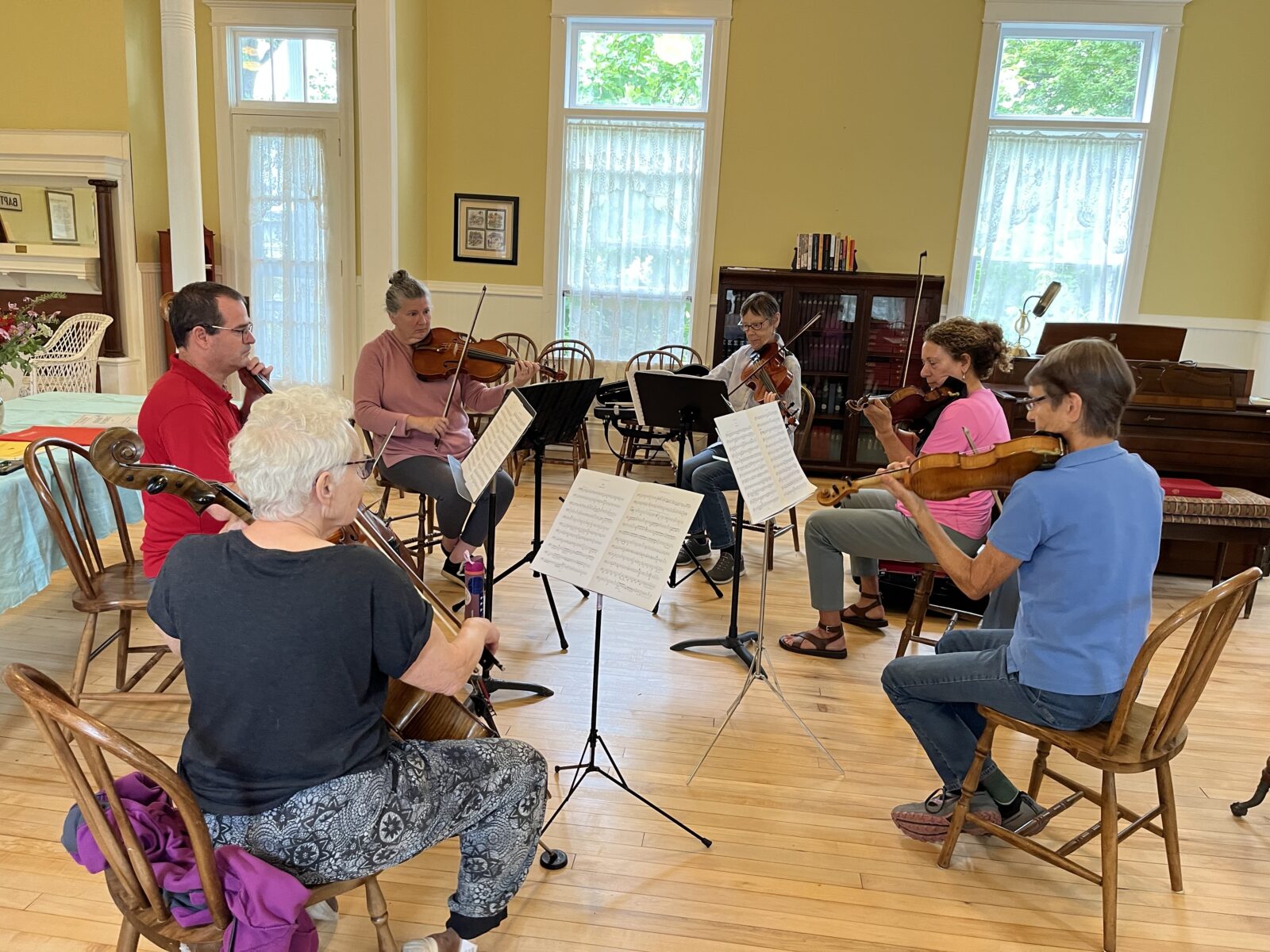
A weekend of music and renewal at Chautauqua
When you first set foot on the grounds of the Chautauqua Institution in southwestern New York, it’s easy to understand the lift in Arlene Hajinlian and Sonya Sutton’s voices when they speak about their summer homes, and why they would welcome a group of ACMP members for a weekend of music-making.Read More ↗